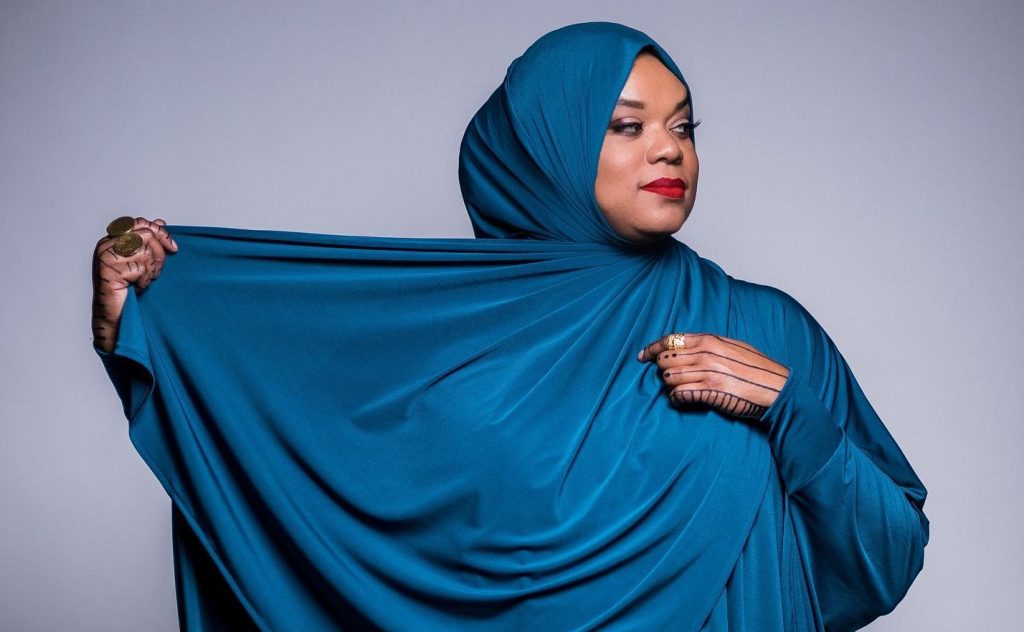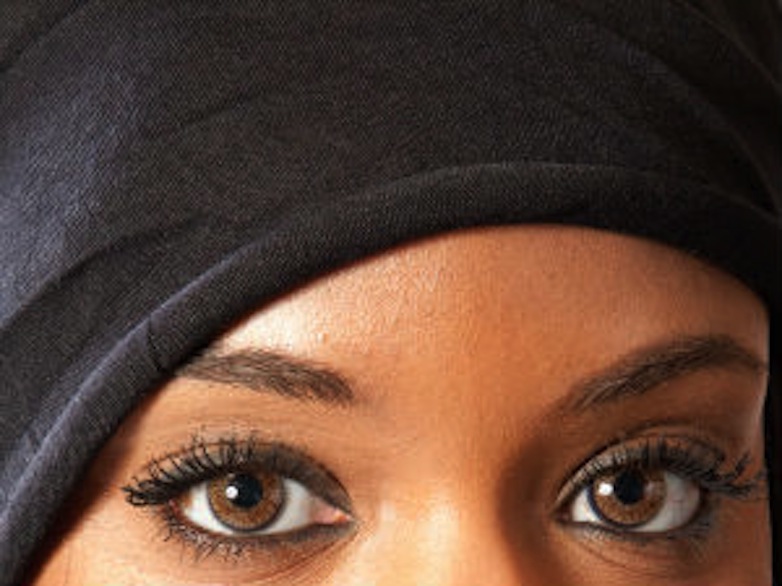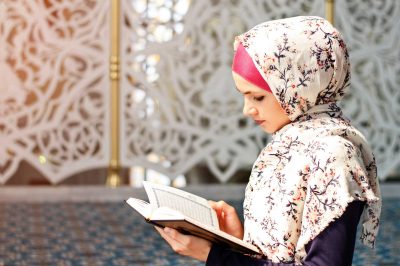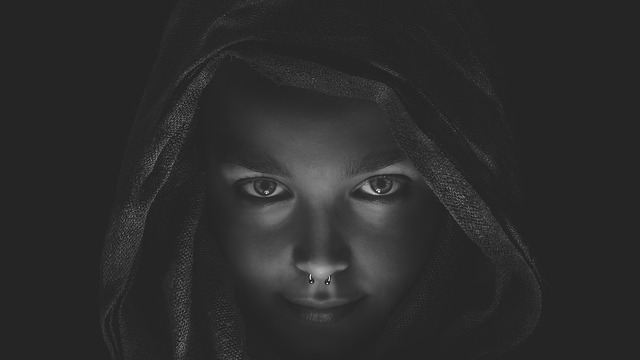The beginning of womanhood is fairly obvious; the physical changes of curvature and menstruation are hard to miss.
But what are the hallmarks of an achieved womanhood? Is it the deflowering of marriage? The blossoming of motherhood? A culminating graduation? A crowning event?
For myself, though a mom, wife, sister, daughter, and even aunt to others, an inkling remains within that my womanhood is still incomplete.
It’s not just a feeling that there are skills I have yet to learn. I feel left to find my own way. I haven’t been ushered through a process or affirmed by a village, there’s no acknowledgment that I have arrived.
Are there any consistent ways of cultivating womanhood within the American Muslim community? I routinely ask sisters about how they were prepared or taught to be women. There are no concrete examples for them to cite.
No celebrations of menarche, social training, or conversations about the majesty and mystery of womanhood. In short, no collective rites of passage.
As a result, many of us are full-grown women raising women-to-be, while still exploring what womanhood means beyond the roles we serve, the clothes we wear, and the things we do.
Womanhood Stolen
The Institute for Social Policy and Understanding, records a third of American Muslims live at or below the poverty line. This makes our community more financially vulnerable and more likely to rely on state-sponsored health care.
Racism, Islamophobia, and income-based discrimination affect the way public health services are delivered. There is a great need for alternative spaces that wholly serve Muslim women.
Having a community-based curriculum equipping women to understand their self-worth, self-care, and reproductive health choices can give our sisters dignified alternatives to public reproductive and sexual health care programs.
Reviving feminine rites of passage can also reintroduce the practices and methods that our fore-mothers once used to care for their bodies in natural and holistic ways, beyond the pale of the medical industry.
In the early 20th century, midwifery was criminalized, for the emergence of male-directed obstetrics and gynecology. Lay midwives were stigmatized, deemed unfit for birth work, despite dedicated service and years of hands-on experience.
Not only was traditional midwifery erased. There was also the loss of traditional healing modalities that women have used to help each other for generations.
Lay midwives were often the bearers of all reproductive health care. They used herbal wisdom, nutrition, vaginal steaming, intuition, etc. in the years leading up to and beyond childbirth.
Infertility, menstrual difficulties, and postpartum challenges were previously extensions of birth work. Now they are considered clinical problems treated with pharmaceuticals and surgery.

Re-envisioning Possibilities for Ourselves
To resurrect the tradition of women holding, healing, and raising up other women, we need a feminine education.
We need a system seeing women as they are–without the biases and prejudices often encountered when accessing public health care.
Reclaiming circles that are both for Muslim women and by Muslim women enables us to access knowledge about our body’s sanctity and capability in a way that is faith-compatible and culturally-appropriate.
Sensitivities around family planning, birth control, and sexual health are better navigated by educators and professionals who live Islam.
Angelica Lindsey-Ali, affirms that in traditional West African societies, there was often a ‘village auntie’ who would hold space for women passing through the stages of womanhood.
There was no question about when womanhood was achieved because there was a clear path to traverse and identifiable markers along the way.
In her public work as ‘The Village Auntie’, she is creating a virtual village centered around the black Muslim experience and passing on the feminine education and wisdom that she received from her circle of aunties both in the United States and abroad.
As a clinical psychologist, Dr. Nicole Monteiro acknowledges that the projected and internalized attitudes about women are another barrier for feminine health.
She highlights how the “strong black woman” mentality forced upon women of color by very real social and economic pressures often convinces them that they are not worthy of self-care, deserving of agency over their bodies, nor privileged enough to experience vibrant health.
Coupled with intergenerational abuse and trauma, women in general can become disconnected from their bodies which may result in issues around self-esteem and self-worth. Consequently, it directly impacts their wellness, mental health, sexual health, and relationships.
Deepening the Feminine Connection
To answer my curiosities about what I haven’y learned in the ways of womanhood, I contacted Lindsey-Ali and Monteiro. Both have personally reclaimed their own feminine education through personal and professional experiences and cross-cultural encounters, both domestic and abroad.
Together, we conceptualized an online course called Deepening the Feminine Connection. In the course, Muslim women explore their own womanhood and femininity within a holistic framework.
The course taught by Monteiro; Ayurvedic Practitioner and Vaginal Steaming Facilitator, Sabrina Elizabeth; and myself addresses the Islamic, psychological, biological, practical and cultural handling of our female existence.
Knowing the sensitivities around topics like body positivity, sexual health, and female desire in the Muslim community, it is a crucial time for Muslim women to moderate our own conversation about our bodies.
We can no longer leave the care and sanctity of our selves to a society that is still policing our female bodies to determine where they belong, how they should function, and what they should or should not be adorned with.
How to understand, love, and thrive in the female body should be the basis of how we care for ourselves and other women in our lives.
Let’s bring back our circles of women gathering, sharing, and hearing one another, whether virtual or in-person.
By holding space for an intentional and loving sisterhood to be formed across generations, we can traverse the path of womanhood hand-in-hand. No longer should any grown woman feel like she is navigating her path alone.



